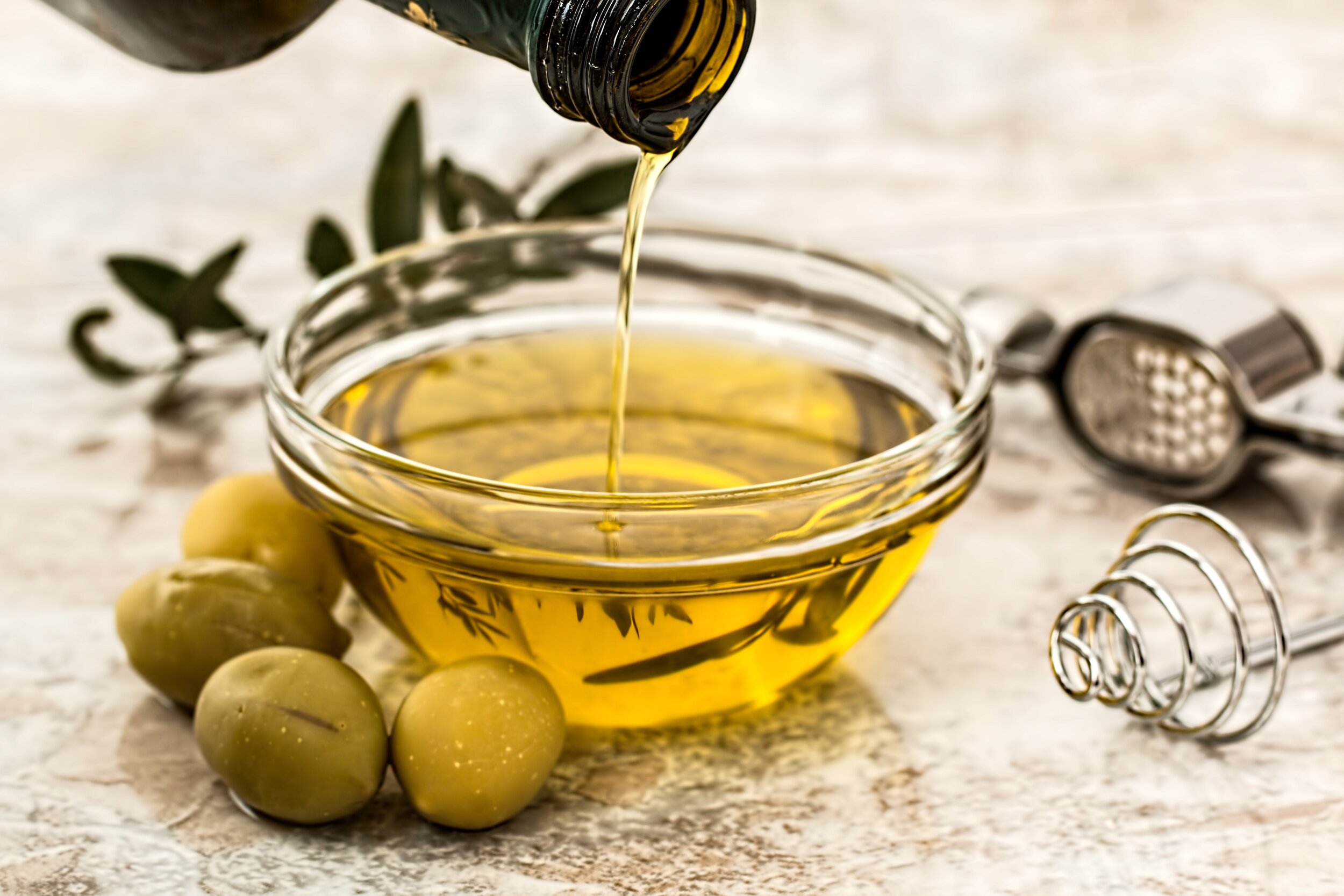Oils: All You Need To Know
Unfortunately, there has been a surge of misinformation regarding which oils are healthy and not-so-unhealthy for the body. Given how prevalent oils are in the diet (and on the shelves), it has become increasingly important to make sure we are choosing the best quality oils whenever possible.
OILS TO INCLUDE: traditional oils such as extra virgin olive oil, coconut oil, and avocado oil
Why?
These oils are all-natural and their structural integrity is intact. They contain higher levels of healthy monounsaturated fatty acids (aka MUFAs) and antioxidants, which have been shown to fight inflammation and cell damage.
Cheat sheet for cooking with healthy oils:
Low heat frying and sauteing: coconut oil, olive oil
Low to medium heat frying, sauteing, and roasting: olive oil
High heat frying and sauteing : avocado oil
Baking: coconut oil
OILS TO AVOID/LIMIT: vegetable oils such as soybean oil, corn oil, canola oil, sunflower oil, safflower oil, cottonseed oil, rice bran oil, and grapeseed oil
Why?
Despite it’s misleading name, there are actually no vegetables in vegetable oil. Vegetable oil is a highly processed fat extracted from soy, corn, canola, sunflower, safflower, cottonseed, rice bran, and/or grapeseed. The process involved in creating these oils results in distorted molecules with high levels of what's called polyunsaturated fatty acids (aka PUFAs). PUFAs are unstable fats that are susceptible to heat-related damage known as oxidation. Oxidation can cause inflammation and cell damage, which has been linked to many health-related conditions, including obesity, diabetes, heart disease, and arthritis. Furthermore, vegetable oils usually contain additives that destroy many beneficial nutrients.
Where are these oils found?
Some common sources include margarine, shortening, mayonnaise, commercial salad dressings, packaged snacks (cookies, crackers, chips, popcorn, bars), baked goods, and fried/fast food. Refined oils are extremely cheap to manufacture and increase shelf life, so many food manufacturers opt for this instead. Due to a high smoke point, they are often used in restaurants as a frying oil as well.
If you just went through your pantry and are realizing that everything seems like it contains these oils- don't worry! More and more food companies are catching on and making the switch. Below are just a few brands that either exclusively contain or offer options with healthier oils:
Mayonnaise, dips, salad dressings: Primal Kitchen, Chosen Foods
Cookies: Emmy’s, Simple Mills
Crackers: Mary’s Gone, Hippie Snacks, Wasa
Bars: Lara Bar, Rx Bar, Perfect Bar, Garunka Bar
Chips (with olive or avocado oil options): Good Health, Kettle Brand, Boulder Canyon, Siete
Sources:
https://pubmed.ncbi.nlm.nih.gov/16841858/
https://pubmed.ncbi.nlm.nih.gov/22570770/

